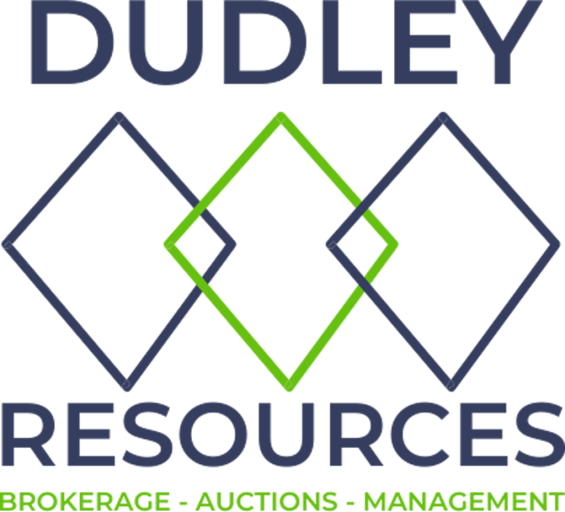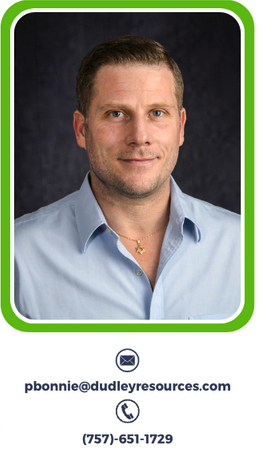 FAQ
FAQ
What is Probate?
Probate is the legal process for sorting out someone's assets after they die. It involves validating the will, tallying up assets, paying off debts, and passing out remaining property & assets to the heirs.
When Do You Need Probate?
You need probate if the deceased person owned anything solely in their own name with no beneficiary attached. Assets with joint owners, beneficiaries, or held in a trust can avoid probate.
How Long Does Probate Take?
On average, the probate process can take 6-12 months or more. It's a drawn-out process of noticing creditors, getting appraisals, filing taxes, and more before heirs can collect their inheritance.
What Assets Pass Through Probate?
Probate involves real estate, vehicles, bank accounts, businesses, and personal items without a named beneficiary.
Who's Involved in Probate?
The cast of probate players includes the executor, probate lawyer, appraisers, court-appointed administrators, money-owed creditors, tax collector, and inheriting heirs.
What forms do I need to complete and where do I find them?
CLICK HERE TO VIEW FORMS FOR VIRGINIA
CLICK HERE TO VIEW FORMS FOR MARYLAND
The Virginia Judicial System has a number of forms for each court available on the court's form page. You can also access forms by entering the form number or a keyword in the search box on the court's form page, which is located in the upper right hand corner of each page above the navigation column.
How are Assets Valued during probate?
Executors get official appraisals of the high-value items to tally date-of-death values for inventory and taxes.
Who Gets Paid First?
Sale proceeds from liquidated assets get routed to pay off outstanding debts, taxes, and legal fees before leftover money goes to the heirs.
How are Assets Sold during probate?
Executors sell off assets at reasonable market value, often hiring real estate agents and auctioneers to handle the sale of the assets.
Why Use auctions for your probate needs?
Auctions efficiently convert assets into cash while competitive bidding drives top dollar prices.
What Gets Auctioned?
Auction can include real estate, businesses, vehicles, equipment, jewelry, art, antiques, household goods, and anything unique.
How are Auctions Tracked?
Auctioneers provide detailed settlement statements for executors to account for inventories, tax forms, and court reports.
How is Auction Payment Collected?
Auctioneers gather up the sale funds from winning bidders and cut checks to the estate after taking out expenses.
How Fast Can Auctions Happen?
With court approval, auctions can typically happen within weeks, allowing quick asset liquidation and inheritance payout.
How Do I Pick an Auctioneer?
When handling probate assets, use a licensed, bonded, and insured auctioneer. Licensing verifies expertise in conducting legal auctions. Bonding protects against missing assets or funds due to auctioneer negligence. Insurance covers liability for any onsite injuries or accidents. An ethical, experienced auctioneer will carry these protections and have strong relationships with probate courts, attorneys and appraisers. Verify licensing, bonding and insurance to choose a trustworthy probate auctioneer to settle estates smoothly.
Why Use Dudley Resources?
With over 60 Combined years of experience we have seen it all. We are licensed, bonded, and insured auctioneer's and have the infrastructure in place to handle every aspect of the sale including, personal property, real estate, vehicles, equipment, and business assets, if repairs are needed, if funds are needed. We can do it all. A one-stop shop to handle all of your estate needs
What if I need money at the start of probate?
We understand executors often need funds early in probate to cover initial costs before assets are sold. If you need an advance to handle urgent expenses in the first few weeks, let us know.
We can provide funds to pay for costs like cleaning out the property, appraisals, repairs, utilities, taxes, legal fees and other pressing probate expenses. The advance would be secured against assets in the estate and deducted from auction proceeds.
Getting an advance early allows you to preserve and prepare assets for sale, which ultimately benefits the heirs. Let us know if an upfront advance would help smoothly start and move probate forward.
What Financial Assistance can I get if I have assets but no cash?
Typical uses include property repairs/maintenance, utility/tax bills, mortgage payments, legal fees, appraisal costs, cleaning out the home, and any other pressing estate costs.
Looking for More?
CLICK HERE for the complete guide on the probate process brought to you by the VBA (Virginia Bar Association)














__footer.png?v=1628087212)
